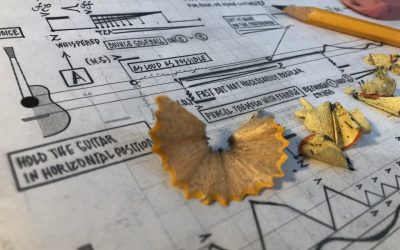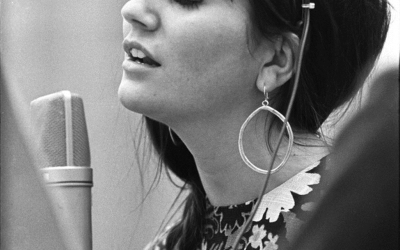Thursday April 9, 2020
2:00-3:30pm
Keller Hall
“You Can’t Tell It Like I Can: Black Women, Music, and the Struggle for Social Justice in America”
This lecture/performance explores how black women have used music as a method of shaping the public rhetoric and sentiment surrounding the black civil rights struggle in America. Through a historical framework that moves through the height of the abolitionist movement, the Popular front during the 1930s and 1940s, the frontlines of the direct action campaigns of the 1960s, and the proliferation of the Black Power movement in the 1970s. The musical voices highlighted include Billie Holiday, Nina Simone, Roberta Flack, The Staple Singers, and Fannie Lou Hamer.
Tammy L. Kernodle is a musician and scholar that teaches and researches in the areas of African American music and gender and music. She has worked closely with a number of educational programs including The American Jazz Museum, National Museum of African American History and Culture, NPR, the Rock and Roll Hall of Fame and the BBC. Her work has appeared in numerous journals, and anthologies. Kernodle is the author of biography Soul on Soul: The Life and Music of Mary Lou Williams, served as Associate Editor of the three-volume Encyclopedia of African American Music. She is currently Professor of Musicology at Miami University in Oxford, OH and the President of the Society for American Music.
Sponsors: The University of New Mexico Department of Music, New Mexico Historical Review, Africana Studies, Department of History, and Feminist Research Institute
Music, Emotion and Fish with Dr. David Bashwiner Part 2
Music, Emotion and Fish with Dr. David Bashwiner Part 2 We are back, with Part 2 of ‘Music, Emotion, and Fish’. If you haven’t had the chance to listen to Part 1, you can click back to Episode 15, Dr. David Bashwiner was just getting to his work on the Midshipman...
Dr. José Luis Hurtado awarded prestigious Guggenheim Fellowship
Composer and pianist José Luis Hurtado, an associate professor in The University of New Mexico’s Department of Music in the College of Fine Arts, is one of the 2020 winners of the prestigious Guggenheim Fellowship.
An Americanish Songbook: Linda Ronstadt’s “other” Country
This talk will consider performances and recordings by singer Linda Ronstadt to propose what I refer to as her Americanish musical songbook. The suffix “ish” here intends to accentuate the “somewhat” or “to some extent” of “American” that Ronstadt—Tucson born and raised—lived and sonically imagined through her extraordinary musical career.



